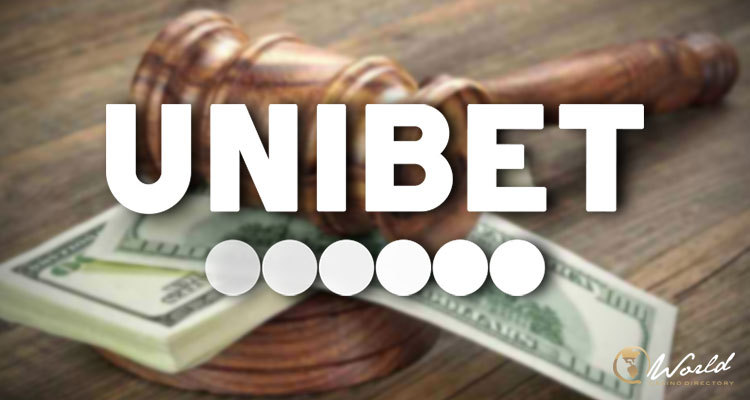
Betchoice Corporation Pty Ltd, trading under the brand name Unibet, has been recently convicted in New South Wales (NSW) for posting illegal gambling advertisements. As Liquor & Gaming NSW informed, this regulator’s investigation resulted in a fine of $60,000 for the company.
Violation of Gambling Laws:
Betchoice was convicted of violating the NSW gambling laws and the case was brought before the Sydney’s Downing Centre Local Court to be finally settled by the court’s ruling of 22 May that imposed the financial penalties for the violation. The gaming regulatory body Liquor & Gaming NSW previously investigated the Unibet’s promotions which encouraged participation in gambling activities.
”Price Push Offers”:
The litigation commenced after the regulator found out that Unibet’s promotions contained inducements to open a betting account. Such accounts were to be created using the company’s ‘price push’ offers which represent a form of aggressive gambling advertisement which is illegal in the province.
Indeed, according to the NSW Betting and Racing Act, publishing gambling advertisements that “includes any inducement to participate, or participate frequently, in any gambling activity (including an inducement to open a betting account)” is treated as offense.
Breaches Taken Seriously:
Liquor & Gaming NSW Executive Director Regulatory Operations & Enforcement, Jane Lin, said that it was clear that the operator’s promotions suggested the option for viewers to open a betting account and get involved in a gambling activity. Lin reportedly said: “Betting operators have an obligation to ensure that all advertising complies with NSW laws on gambling advertising. Inducements are known to increase the risk of gambling harm, so any breaches are taken seriously.”
Line reportedly added: “Betchoice has a record of previous convictions and was fined $48,000 in July 2021 for breaches of betting legislation. The advertisements the subject of this most recent case were designed to entice people to engage with gambling products using special or enhanced odds, which is a breach of the legislation.”
$60,000 Fine:
Betchoice was convicted for two offenses under section 33H(1) of the Betting and Racing Act 1998 and pleaded guilty for both offenses. The court ruled that the company shall be fined $30,000 for each offense and ordered it to pay the costs incurred to the regulator by the respective investigation of the operator’s activities.
The investigation was based on the regulator’s standards applicable for gambling advertising activities. The purpose of these standards is the promotion of responsible gambling and the prevention of problem gaming. Any violation of these standards, such as publishing illegal ads, is subject to the regulator’s intervention which often implies fines for the operators. So far, Betchoice has paid more than $100,000 in fines for the non-compliant content.
The legal status of online casinos in India is complex and varies by state. While there is no federal law that explicitly addresses online gambling, the legality depends on state regulations and the type of gambling involved.
Key Points:
-
No National Law: India does not have a specific national law regulating online casinos. However, the Public Gambling Act of 1867 prohibits operating physical casinos and gambling houses, but it doesn't cover online platforms, leaving a legal grey area for online gambling.
-
State-Specific Laws: Some Indian states, like Goa, Sikkim, and Daman, have legalized land-based casinos, and others, such as Sikkim, have also licensed online gambling. Many states have banned gambling altogether, including online gambling.
-
Online Sports Betting: Betting on sports, particularly cricket, is very popular in India. However, it's only explicitly legal in some states like Sikkim and Nagaland, which have laws permitting online gaming and betting.
-
Legal Gray Area: Many international online casinos accept Indian players and operate legally under licenses from offshore jurisdictions (like Curacao or the UK Gambling Commission). As long as players are gambling on licensed platforms, the risk is minimal, but local authorities may still choose to regulate or restrict online gambling.
-
Cryptocurrency: Some Indian players prefer using cryptocurrencies (like Bitcoin) for online gambling, as it provides a layer of anonymity and security.
While online casinos aren't explicitly legal across all of India, many international casinos accept Indian players, and online gambling continues to grow in popularity. Players should ensure they use licensed platforms and understand local laws before engaging in online gaming.






Leave a Reply
You must be logged in to post a comment.